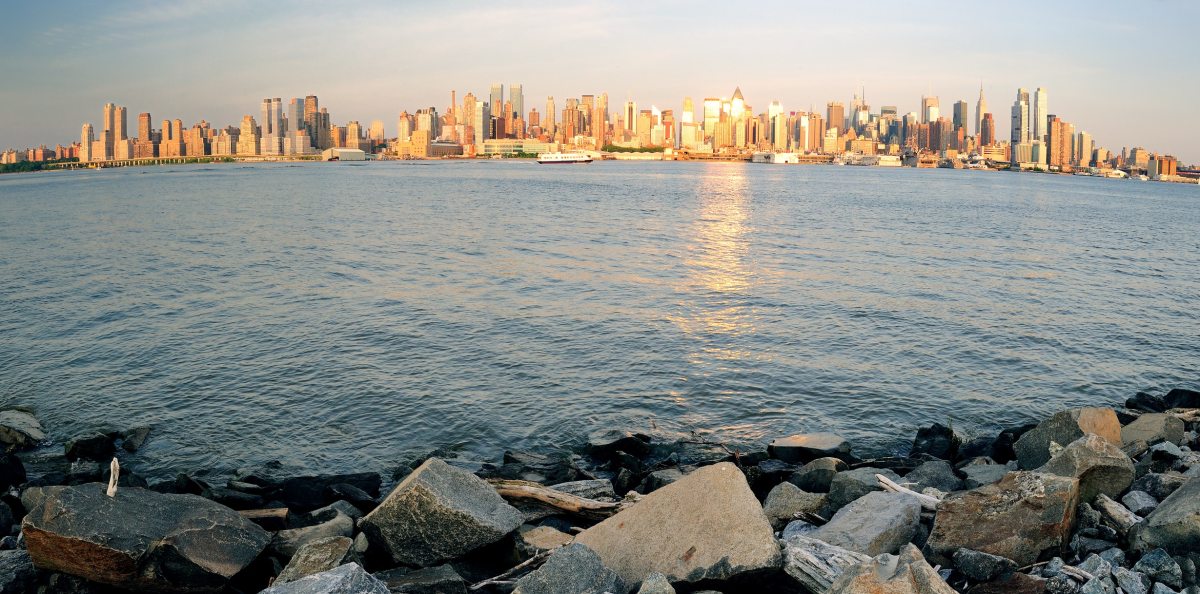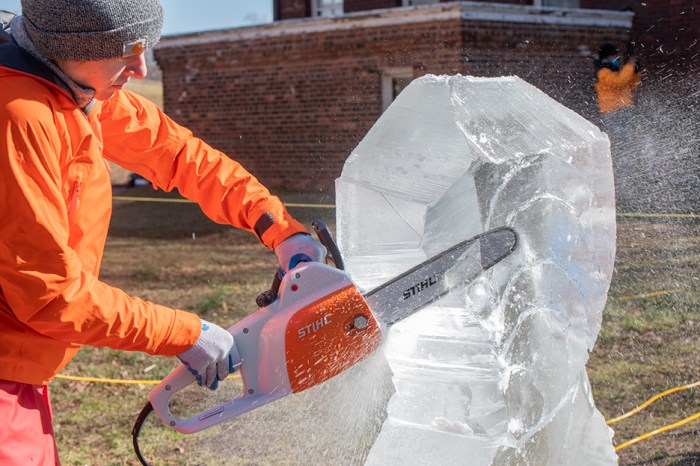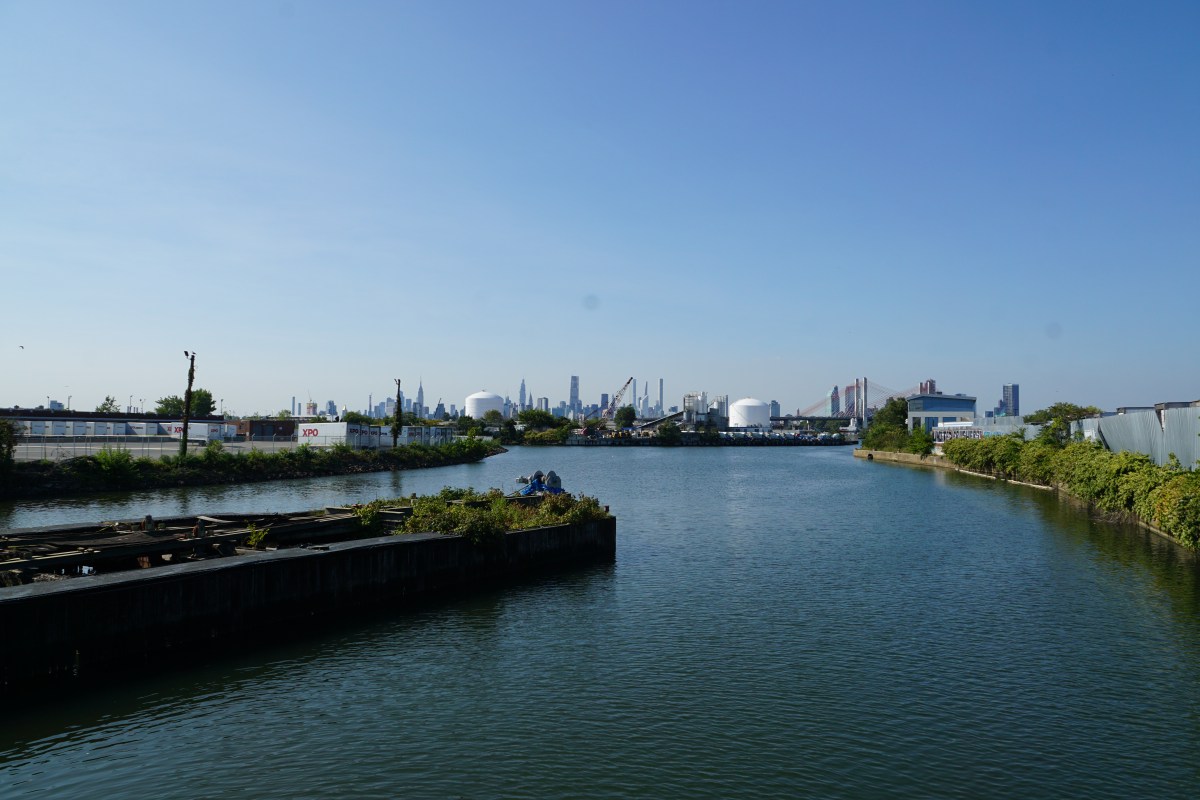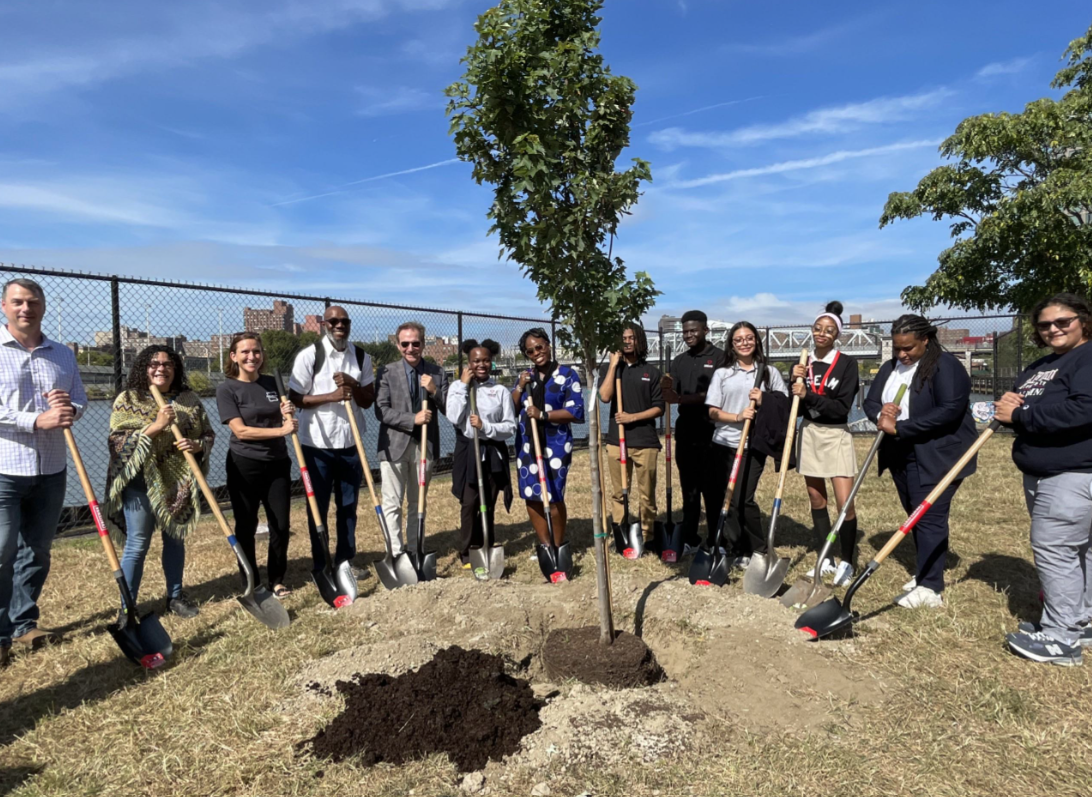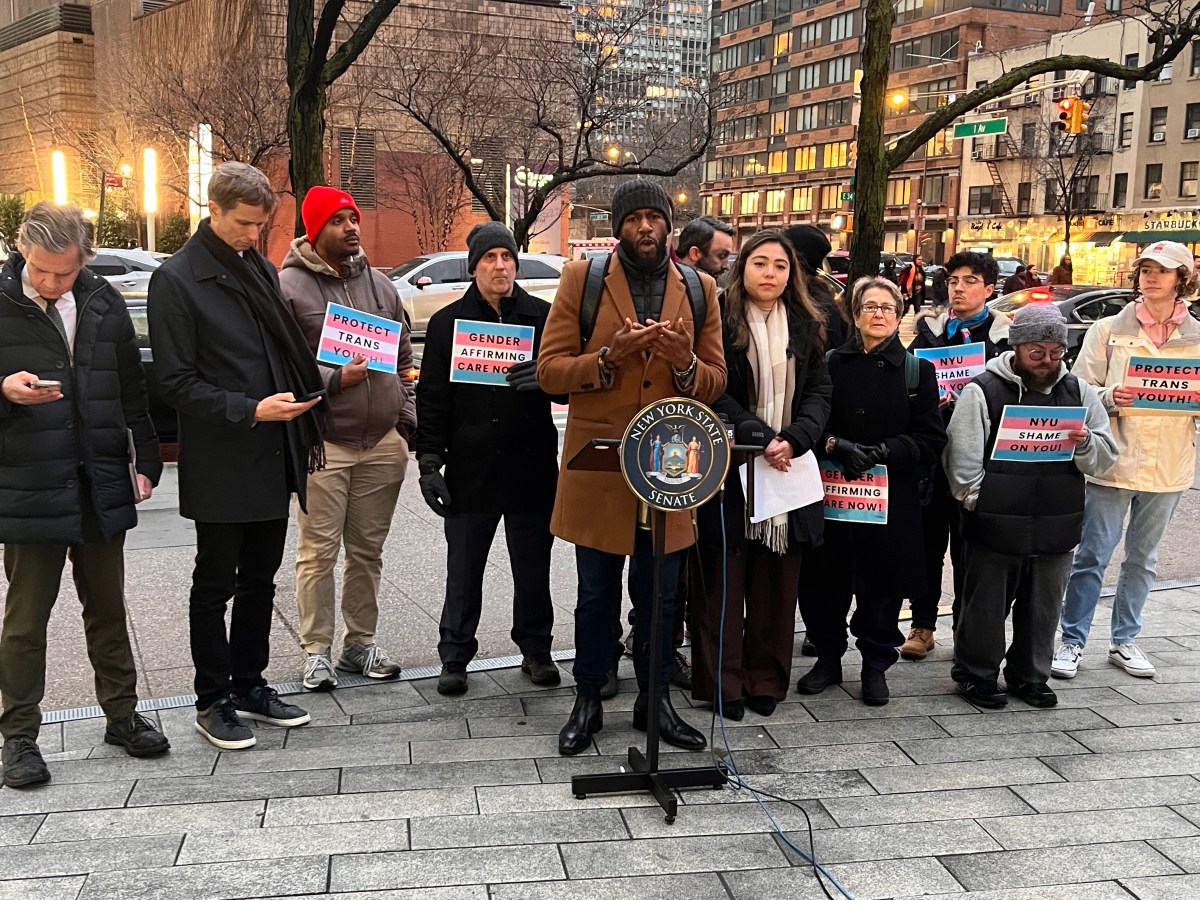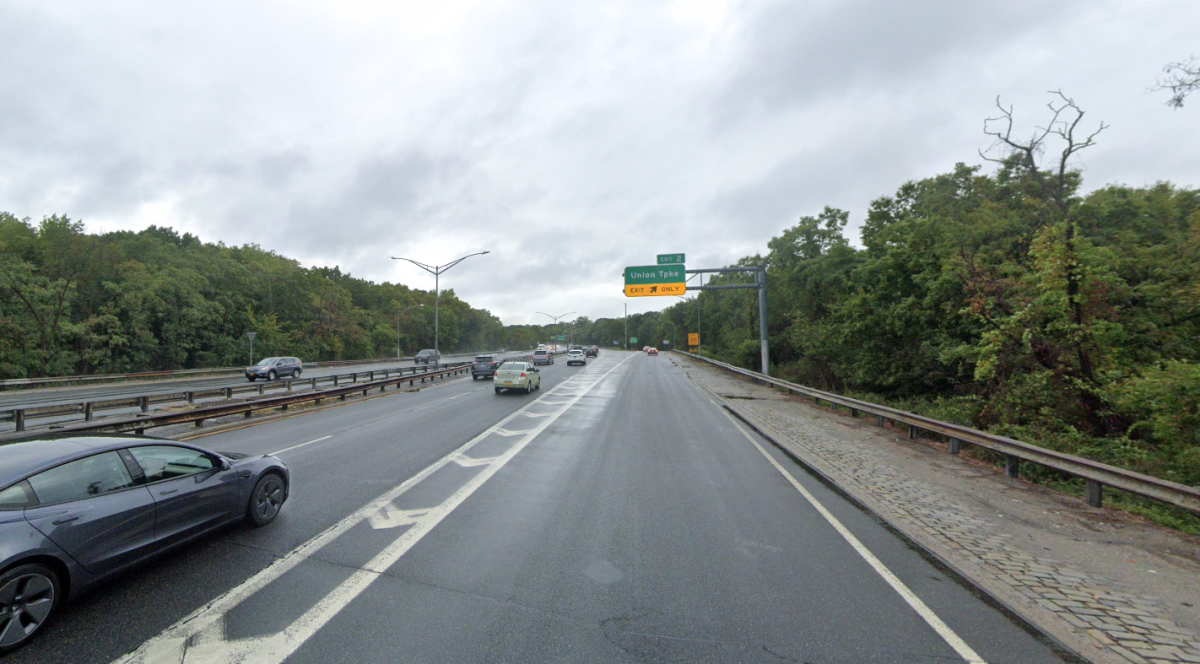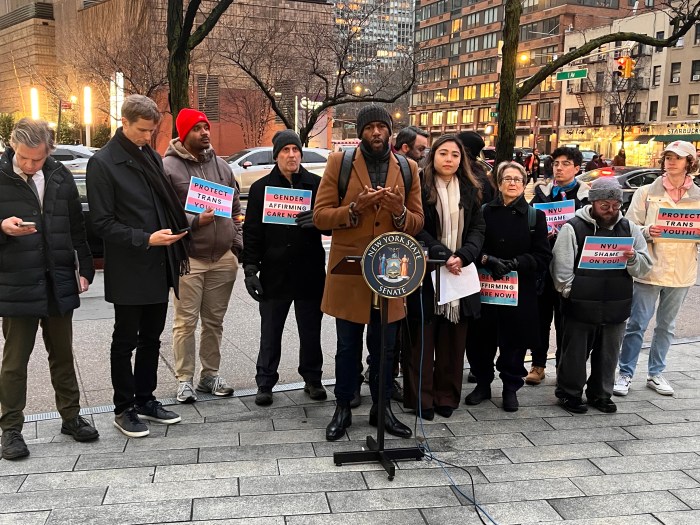With climate change impacting the city in more ways than one, the Waterfront Alliance is continuing to ensure that New Yorkers are educated not only on what’s happening around them, but also on what they can do to help.
Last year, the Waterfront Alliance, which aims to protect New York City’s accessible waterfronts, launched their Climate Informed Communities initiative. Through this initiative, the Alliance works with affected communities throughout the Five Boroughs that are facing the heaviest burdens of climate change.
“We are working directly with the most impacted communities, so the communities that are facing the greatest threats from storm surges, from flooding, from intense rainfall, from sunny day flooding, which is flooding that’s happening just because of sea level rise,” said Cortney Koenig Worrall, President and CEO of Waterfront Alliance. “We’re trying to make sure that they are most informed as they can be about the resources that are available to them about knowing their evacuation zone, knowing how to get flood insurance, knowing what information the city can give them on heavy rainfall days when they should be protecting their property or actually evacuating because of extremely heavy rainfall.”
Through the Climate Informed Communities program, New Yorkers are able to access resources to prepare themselves for future climate risks.
According to Worrall, flooding is the number one climate change problem New York City faces. The city is also affected by high winds and sea level rise, as well as extreme temperature changes.
“People are saying apocalyptic flooding that’s happening in different parts of the world, different parts of the country — New York City is not immune from that type of flooding,” said Worrall. “We saw it during Hurricane Sandy, we saw it during Hurricane Ida. Hurricane Ida was the storm that really brought home how hurricanes and these major climate impacts can be even though we see them as coastal issues, they really do impact the interior of the city as well.”
Unfortunately, climate change is here to stay. Worrall says that even if we were to completely stop all methane and carbon monoxide emissions, we’d still face changes to the climate regardless.
However, that doesn’t mean that we can’t do anything to help.
“I think another misconception is that there’s nothing we can do. That is absolutely not true. I think that there’s a ton that we know that there is so much we can do in terms of preparing for climate change,” said Worrall. “There’s even more we can do to continue to decarbonize as rapidly as possible. The other misconception we have more at the local level is that sometimes people do hear in the press about major plans that are underway to protect the entire harbor or to protect communities with large infrastructure projects.”
Worrall noted that the conversations around larger waterfront projects that the community gets to weigh in on make it seem like these projects are happening sooner rather than later, but in actuality they could take 10 years to complete.
“Instead, we need to be preparing local communities in a customized tailored way and not with one big large silver bullet solution of some kind,” said Worrall. “One of the reasons why we created Climate Informed Communities is that for these smaller infrastructure projects, they’re still built, but these are still big infrastructure projects that are being planned.”
Currently, Waterfront Alliance is working with communities in Flushing and Corona, Jamaica Bay, Coney Island, and different parts of the Bronx through the Climate Informed Communities program, with a great response so far from these areas. Worrall hopes that down the line, the initiative will be able to expand to more communities to help protect them as well.
“We are working with these communities on these big plans that are being put into place to build new waterfronts and new infrastructure projects that will protect them from these intense climate impacts over time,” said Worrall.
For more information about the Waterfront Alliance and their Climate Informed Communities program, visit waterfrontalliance.org.



